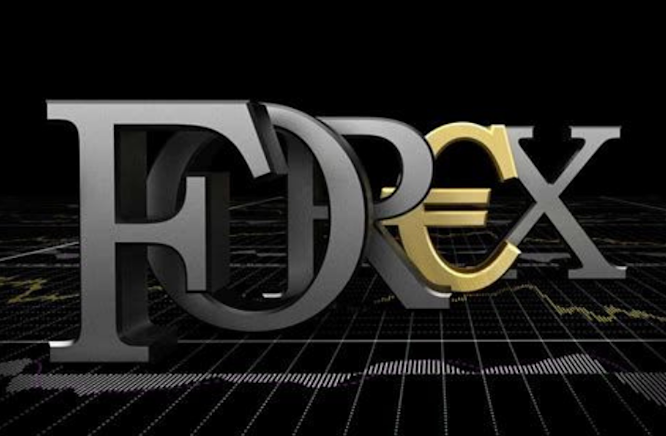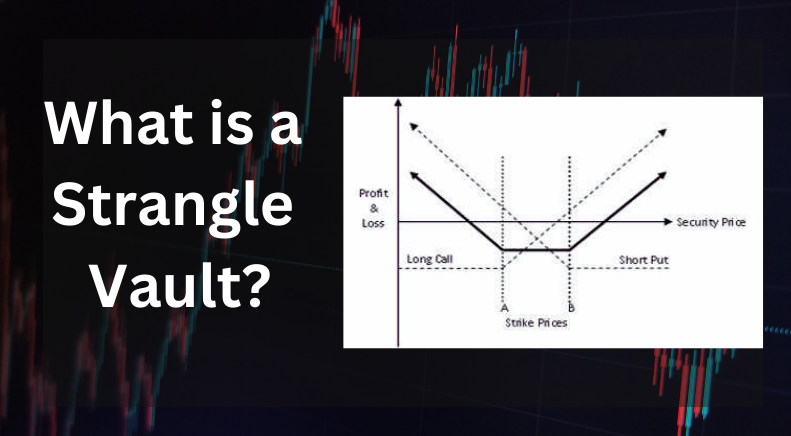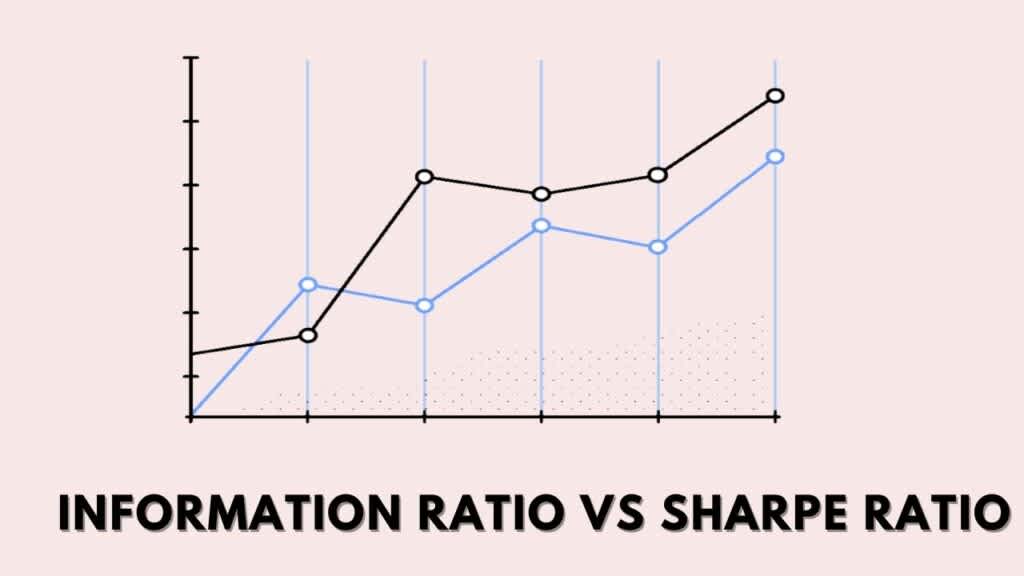How to Trade world’s largest financial market : Trading Forex.
Stock Market Basics
What is Forex?
The foreign exchange market, commonly known as forex, is the preeminent global platform facilitating the exchange of various currencies. Functioning as the largest and most liquid financial market, it serves as a nexus for diverse participants, including financial institutions, corporations, governmental entities, and individual traders. Operating on a 24/5 schedule, the forex market seamlessly transitions across different global trading sessions. Its fundamental objective lies in supporting international trade and investment by facilitating the conversion of one currency into another.
Fun Fact: Daily trading volume in the foreign exchange market surpasses $6 trillion, making it significantly larger than the combined daily trading volumes of the world's stock and bond markets.
How to trade forex
1. Education and Research:
Understand the Basics:
Start by getting the lowdown on how forex works. Learn how currencies team up, why rates dance around, and what's up with major and minor currencies.
Learn Key Terminology:
Wrap your head around terms like pips (those tiny moves), leverage (trading with a bit of borrowed oomph), margin (collateral rules), and spread (the diff between buy and sell prices).
2. Choose a Reliable Broker:
Research Broker Options:
Do your homework on brokers. Find one with a good rep, check fees, see what currencies they're dealing with, and make sure they're playing by the rules.
Account Type:
Figure out if you're rolling with a regular account or want something fancier like an ECN account.
3. Analysis and Strategy:
Technical Analysis:
Get cozy with charts, indicators (think Moving Averages and RSI), and trendlines to predict future moves based on past shimmies.
Fundamental Analysis:
Dive into economic indicators, central bank moves, and global events. Know what makes currencies tick.
Develop a Trading Plan:
Sketch out your game plan. Set goals, figure out how much risk you're cool with, and decide when it's time to call it a day. Be the architect of your trades.
4. Demo Trading:
Practice with a Demo Account:
Time for a little play with a demo account. It's like a risk-free video game for trading. Get comfy with the platform and test your strategies without the real money drama.
5. The Risk Management:
Set Stop-Loss and Take-Profit Orders:
Be the boss of your trades. Decide when it's time to bail (stop-loss) or lock in those gains (take-profit).
Position Sizing:
Think of your trades like Goldilocks – not too big, not too small. Find that position size that's just right for your risk appetite.
6. Execution:
Place Trades:
Hit the button and make it rain (or not). Execute your trades based on your plan. Use market orders for quick action or limit orders for a specific price entry.
Monitor the Market:
Keep your eye on the prize. Watch your trades, stay in the loop on market trends, and be on the lookout for any breaking news that might shake things up.
7. Continuous Learning:
Stay Informed:
Read up on what's happening in the financial world. Follow the news, gobble up economic reports, and join the conversation in forex communities.
Adaptability:
Be the chameleon of trading. Adapt your plan to what the market throws at you. Stay flexible, my friend.
8. Risk Warning:
Understand Risks:
Trading ain't all sunshine and rainbows. Only throw in what you can afford to lose, and get ready for a rollercoaster of wins and losses.
Stay Disciplined:
Stick to your plan. Don't let emotions drive the bus. Discipline is your co-pilot on this trading journey.
9. Record Keeping:
Keep a Trading Journal:
Document your trades like a story. Write down why you got in, when you got out, and what went down. It's like a diary but for your trades.
10. Legal and Tax Considerations:
Understand Regulations:
Don't be a rebel. Follow the rules and trade with a broker that's playing by them too.
Tax Implications:
Chat with a tax pro. Figure out what you owe and keep Uncle Sam off your back.
Requirements to open a Forex account
Personal Information
Commencing the process of establishing your forex account requires the provision of foundational details. These include your full name, residential address, date of birth, and primary contact information. This initial phase is instrumental in delineating your identity within the sphere of financial transactions.
Government ID
Advancing through the account initiation process necessitates the submission of a government-issued identification document. Whether in the form of a passport or a driver's license, this step is imperative for authentication purposes, serving as the cornerstone for confirming the legitimacy of the account holder.
Proof of Address
Progressing further involves the substantiation of your residential credentials. Furnishing pertinent documents, such as utility bills or bank statements reflecting your address, serves as a crucial verification step. This is not a mere procedural formality but a pivotal measure to confirm the tangible residence of the account holder.
Financial Information
Transitioning into a financial discourse becomes the subsequent facet of the account onboarding process. Inquiry into your income, employment specifics, and net worth is not an intrusion but a means of comprehending your financial landscape. This exchange of financial information facilitates the tailoring of financial services to align more precisely with your individual needs.
Employment Details
The disclosure of professional particulars is the ensuing layer in this financial dialogue. Providing insights into your occupational engagements contributes additional granularity to the evolving profile of your financial persona. It transforms the abstract concept of a trader into a more nuanced and personalized representation.
Trading Experience
Delving into your historical interactions with financial markets becomes a pertinent inquiry. Whether an experienced trader or a novice, your trading background or the absence thereof becomes a valuable metric. This information aids in assessing your familiarity with market dynamics, guiding the broker in delivering personalized guidance.
Risk Tolerance
The conversation then pivots to an understanding of your comfort level with financial risk. This query is not an intrusion but an exploration of your risk appetite. Whether inclined towards a bold approach or a more conservative stance, this information assists in recommending trading options harmonious with your risk tolerance.
Social Security Number (SSN) or Tax ID
In certain jurisdictions, regulatory compliance mandates the submission of additional identifiers, such as your Social Security Number (SSN) or Tax ID. This is not a bureaucratic formality but a critical measure to ensure adherence to established legal frameworks, adding an extra layer of transparency and accountability.
Types of Forex Markets
Spot Forex Market
Imagine you're at a market where you can instantly buy or sell currencies. That's the spot forex market. Here are the key points:
Instant Exchange: In this market, you can swap currencies right away. No waiting around. It's like trading your dollars for euros on the spot.
Current Prices Rule: The price you get is what's happening in the market right now. It's not some future guess. It's like buying apples at today's market price, not what they might cost tomorrow.
Anyone Can Join: It's not just for big players. Anyone can dive in – from everyday folks to banks and big businesses. If you need to change your money quickly, this is the place.
Two-Day Wait: Even though the trade happens in a snap, it takes about two business days to wrap things up officially. It's like shaking hands on a deal, and then you exchange the goods a couple of days later.
Always Busy: This market is buzzing all the time. People are buying and selling currencies 24/7. So, if you decide to trade your dollars for euros at 3 am, there's someone on the other side ready to do the deal.
Forward Forex Market
Suppose you're making a deal to swap currencies, but not right away – sometime down the road. That's the forward forex market. In this market, you and someone else agree to swap currencies at a fixed price, but the actual exchange doesn't happen right then. It's like saying, "Let's trade my dollars for your euros, but let's do it next month."
Personalized Deals: The cool thing is, you can customize the deal. Choose when you want to make the exchange, decide how much you're swapping, and agree on the price. It's like tailoring a suit to fit your needs.
Not Just for Big Shots: It's not only big corporations playing in this market. Regular folks can jump in too. Say you're planning a trip and want to lock in a good exchange rate for spending money abroad – the forward market can help with that.
Planning for Later: Unlike the spot market where everything happens pronto, the forward market lets you plan for the future. It's like booking a table for a fancy dinner a few weeks from now.
Business Backup: Businesses dig this market because it's like a financial safety net. They use it to shield themselves from currency price changes. Picture a bakery buying ingredients from another country – they can lock in the price to avoid surprises when they pay later.
Futures Forex Market
The futures forex market entails entering into agreements to exchange currencies at predetermined prices, albeit not immediately but at a later date. Here are the key aspects:
Deferred Exchange Agreement: Participants in this market commit to exchanging currencies at specified rates, with the actual transaction deferred to a future date. This structured approach allows for strategic planning and risk management.
Standardized Contracts: Unlike some other markets, futures contracts come with standardized terms. The terms include the agreed-upon date, quantity, and price. This standardized nature streamlines the trading process but offers less flexibility compared to certain other markets.
Inclusive Accessibility: While commonly associated with institutional players, the futures forex market is accessible to retail traders and individuals. This allows a diverse range of participants to engage in currency trading with a forward-looking perspective.
Exchange-Traded Dynamics: Transactions within the futures market occur on organized exchanges. This regulated environment ensures transparency and establishes a framework with standardized rules for participants. It's akin to a stage where trading activities are conducted under specified guidelines.
Speculation and Risk Management: Beyond conventional trading, participants often utilize futures contracts for speculation or risk management purposes. Traders can express opinions on currency movements or employ these contracts to hedge against potential adverse currency price fluctuations.


![What is Quantitative trading? Examples and strategies. [+FAQs]](https://images.ctfassets.net/r9ab0t7s7887/nmmgmd6CJacSEgqp99fYG/5e3b787ddb31b5195d929899df70c6cb/quant_trading.png?w=801&h=452&q=50&fm=png)